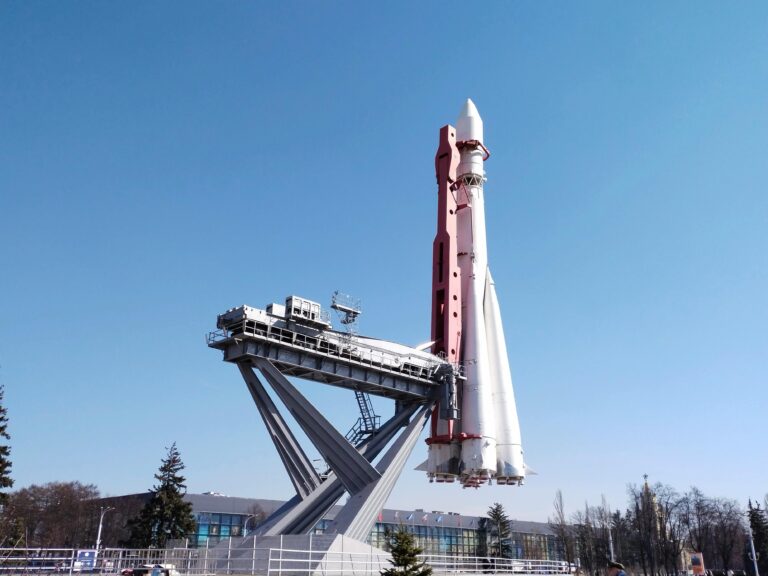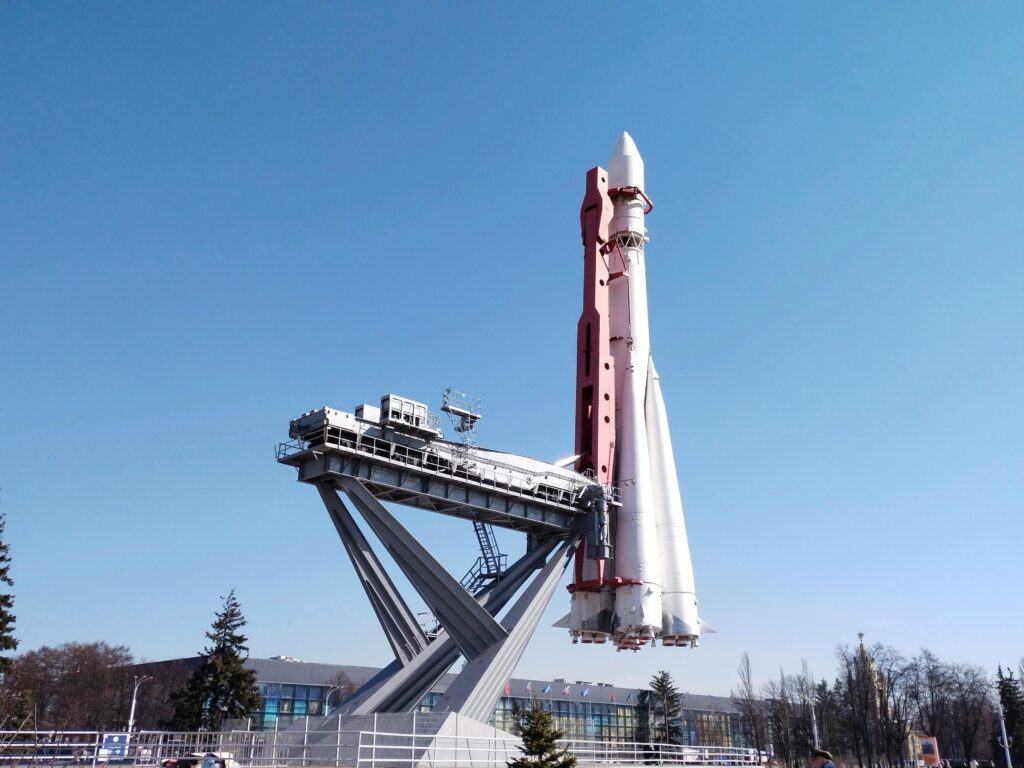A groundbreaking step in sustainable urban development has been realized in Erlangen, Germany, where the world’s first fully electric deconstruction site was completed. The project was driven by a fleet of all-electric construction machines from Volvo CE and supported by Volvo Trucks, in close collaboration with Siemens and demolition partner Metzner Recycling.
As part of Siemens’ €500 million Technology Campus redevelopment, a groundbreaking initiative has redefined what sustainable construction can look like. In partnership with Metzner Recycling, Volvo Construction Equipment (Volvo CE) deployed a complete fleet of electric machines – ranging from compact and mid-sized equipment to grid-connected heavy machinery – to carry out the full-scale deconstruction of a 25,000 cubic meter site. Complemented by electric trucks from Volvo Trucks, the entire process, from selective gutting to concrete crushing and material transport, was executed with zero tailpipe emissions.
This pioneering project represents the world’s first comprehensive all-electric deconstruction. Beyond proving technical feasibility, it highlights how urban transformation and circular construction can be achieved today when advanced technology, strong partnerships, and shared ambition converge. The use of electrified machinery eliminated the reliance on fossil fuels, dramatically reduced CO₂ emissions, cut harmful air pollutants, and lowered noise levels – key benefits for projects in dense urban settings.
Turning Vision into Reality
“This transformation is no longer just an idea—it’s happening,” said Therese Schmitz-Hillebrecht, Head of Market Area Central Europe at Volvo CE. “Our role goes beyond building electric machines. We walk alongside our partners in the shift to emission-free operations, and collaborations with forward-looking companies like Siemens and Metzner prove how fast change is coming.”
The scope of the project went further than demolition. Volvo CE’s electric fleet also handled sorting and processing of approximately 12,800 tons of construction material. Impressively, 96% of that material was recycled back into the supply chain, supporting the transition to a circular economy where resources are reused rather than discarded.
READ ALSO: https://www.modernmechanics24.com/post/vauxhall-corsa-gse-concept-car
READ ALSO: https://www.modernmechanics24.com/post/cosmic-ray-mystery-neutrino-clues
Collaboration at the Core
More than a technological showcase, the project stands as a new model for collaboration across industries. Original equipment manufacturers (OEMs), demolition contractors, real estate developers, and energy providers worked in concert to make the vision a reality. Christian Franz, Head of Sustainability at Siemens Real Estate, emphasized: “This landmark project demonstrates both innovation and impact, with a 96% recycling rate that directly supports Siemens’ sustainability goals. It’s proof of what can be achieved when determination and collaboration align to drive change in the real estate sector.”
A Scalable Blueprint for the Future
With cities under increasing pressure to reduce emissions, waste, and noise, the project offers a tangible blueprint for cleaner, quieter, and more circular approaches to deconstruction. Michael Metzner, Managing Director of Metzner Recycling, described it as a turning point: “Achieving a fully electric, low-emission dismantling site is not just a technical milestone—it sets a new standard. Many urban projects previously limited by noise and pollution concerns can now move forward with electric solutions.”
By combining electrification with circular material management and strong partnerships, Volvo CE, Siemens, and Metzner have delivered more than just a one-off success. They have demonstrated a scalable model for sustainable urban renewal, paving the way for tomorrow’s cities to be built—and dismantled—with cleaner, smarter, and more responsible practices.













